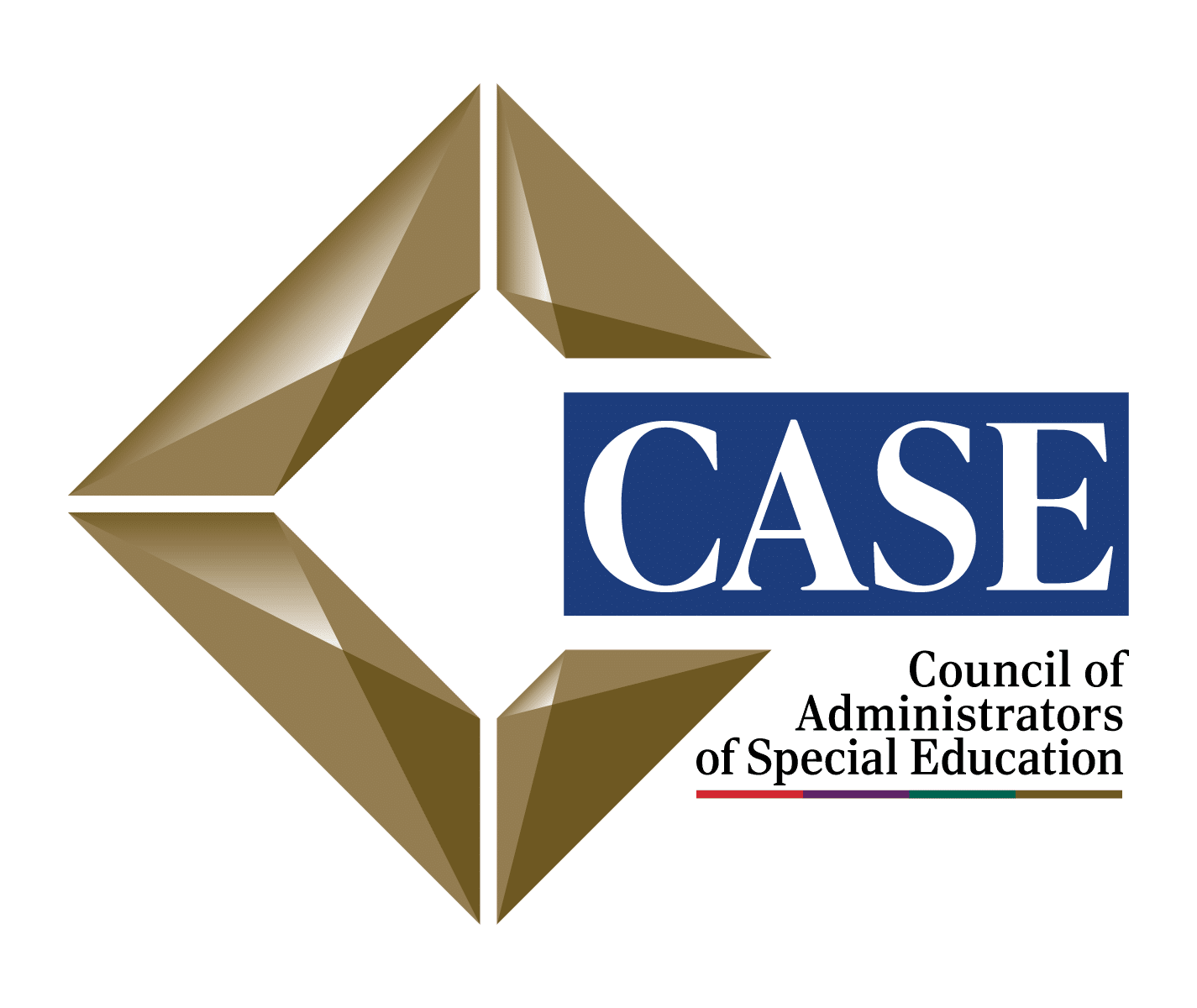This article is part of a series highlighting the presentations given at the 2021 eLumaNation Summit, held virtually September 30 – October 1, 2021
We had the honor of hearing from Rodney Robinson at the 2021 eLumaNation Summit this year.
For anyone who may be unfamiliar, Rodney Robinson is a 21-year education veteran working with marginalized black and brown communities in Richmond, Virginia. He has received numerous awards for his accomplishments in and out of the classroom, most notably the 2019 National Teacher of the Year. He has worked with Pulitzer winning author James Foreman to develop curriculum units on race, class, and punishment as a part of the Yale Teachers Institute. His current role is as a senior policy advisor with Richmond Public Schools in charge of Teacher Pathways with a specific focus on the RVA Men Teach Program to recruit and retain male teachers of color in Richmond Public Schools.
Although Mr. Robinson touts quite the impressive resume of recognitions, and rightfully deserved, Mr. Robinson’s true passion lies with being an advocate for economic and cultural equity for all students.
Mr. Robinson started teaching at Virgie Binford Education Center in 2015, a school inside Richmond Juvenile Detention Center, in an effort to better understand the school to prison pipeline. His classroom is a collaborative partnership between him and the students. He provides a civic centered education that promotes social-emotional growth. The knowledge he is gaining from his students is also helping develop alternative programs to keep students from becoming part of the school to prison pipeline.
During his presentation at eLumaNation this year, Mr. Robinson shared tips for teachers on how to emphasize equity in their classroom to improve student achievement, while also encouraging them to analyze their own bias and how it affects equity in the classroom.
One extremely important topic that he covered involved school suspensions.
Did you know that every 1.5 seconds, a public school student is suspended? Or that 3.3 million children are suspended each year? And 95% of out-of-school suspensions were for nonviolent, minor disruptions, such as tardiness or disrespect?
It is critical that we as educators pay close attention to these numbers and take an active role in changing the statistics. Research shows that suspensions and expulsions are linked to higher rates of criminal activity. Students who do not finish high school are more than eight times more likely to go to prison than those who graduate. Additionally, high school students who come into contact with the courts are more likely to drop out: two-thirds to three-fourths of youth who were confined in a juvenile justice facility withdrew or dropped out within a year of re-enrolling, and after four years, less than 15% of these youth had completed their secondary education.
These numbers are astounding and unacceptable. Oftentimes, when we are faced with truths like this, we want to do all that we can to make a difference and change the outcomes. Mr. Robinson points out that in some cases, the fix may boil down to just a few things: overcoming our biases, evaluating our judgment calls, and implementing restorative practices.
A few other key takeaways and highlights from his presentation that are important to note:
Real equitable work comes from overcoming your own personal biases. Oftentimes in education we resort to exclusionary discipline as the answer. Many times though, it is just our biases leading our decisions. The biggest tool for education change is the mirror. In order to move forward, we must acknowledge where we are.
Everything we do as teachers should be viewed through the lens of equity. This includes inclusion, diversity, access, and social justice. Everyone benefits from diverse teachers with diverse curriculums, and in America, we are a better country because of our diversity.
Love and care for your students as if they were your own kids. When referencing Maslow’s hierarchy of needs, Mr. Robinson emphasizes that students must feel safe and like they belong in your classroom. We need to make sure that our students’ basic needs are being met. A student does not care about learning if he or she believes they are not loved and do not belong in your learning environment. “They don’t care how much you know, until they know how much you care.”
Nothing is more important than what students see, hear, feel, or experience in the classroom. Even if your students don’t love the subject they are learning academically, they can still walk away from your classrooms with a positive learning experience because of the way they felt and the way they were empowered.
One of the most important messages that Mr. Robinson shared, was that in order to fully support your students, you must support social justice. As stated earlier, we are a truly diverse and wonderful country, which means you must accept and be accepting of all kids.
“Bettina Love says, if you can’t say ‘Black Lives Matter,’ you shouldn’t be teaching Black children. I’m going to take that one step further and say if you can’t say ‘Black Lives Matter’ you shouldn’t be teaching any children.” – Rodney Robinson
You can learn more about Rodney Robinson by visiting his website: https://rodrobinsonrva.com/
Follow Rodney on Twitter | Connect with Rodney on LinkedIn


